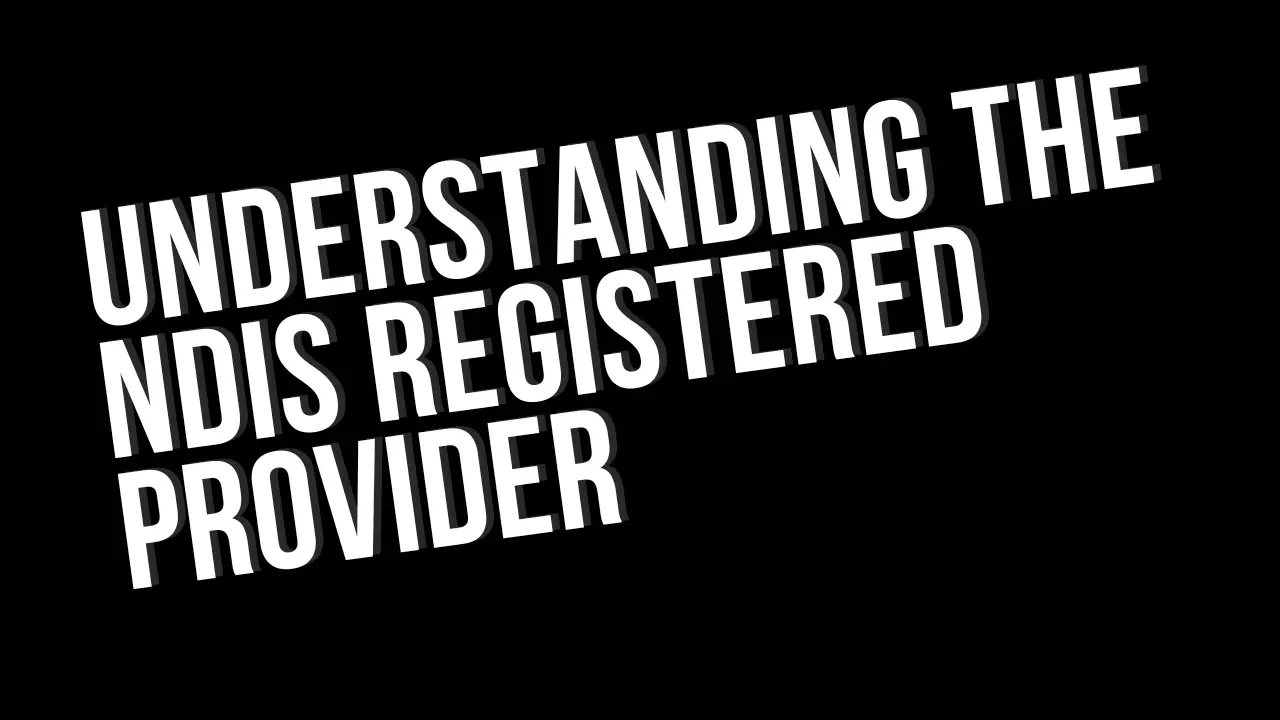Do you wish to serve people and achieve happiness through the contention in their eyes while also earning a living out of it? If yes, becoming an NDIS provider will be your best bet. You can be someone who assists NDIS participants in achieving their short- and long-term goals and get the best job satisfaction that no other profession will ever offer.
However, embarking on the journey of an NDIS registered provider entails a noble commitment to those in need and navigating the intricate web of audits. As an NDIS provider, the audit is not merely a regulatory hurdle; it’s a gateway to refining and elevating the quality of services for Australians with special needs. Therefore, it becomes essential for providers to understand its procedure and act accordingly.
We’ll break down the details, costs, and crucial steps in a simple guide. Instead of viewing the audit as just a rule to follow, see it as a chance to grow and excel strategically. This exploration aims to make the audit less of a complication and more of an opportunity for improvement and progress in providing services.
Safeguarding Fundamentals: Decoding the NDIS Audit
At the core of the NDIS audit lies a commitment to deliver qualitative, reliable, and equitable services to the participants. The NDIA (National Disability Insurance Agency) diligently monitors disability service providers in Melbourne and everywhere else in Australia, establishing ground rules through the NDIS Practice Standards. These standards form the bedrock for the NDIS audit process, where independent auditors scrutinise providers’ policies to ensure adherence to quality and safeguarding guidelines.
In simpler terms, an audit is a mandated “test” conducted by the NDIS Commission. Private organisations execute the test to validate that all NDIS care providers meet fundamental quality standards. Also, there is no chance any provider can sideline themselves from these audits. These are mandatory for everyone.
Step-By-Step Guide to the Ndis Audit Process
Step 1: Getting Registered
Before delving into the audit intricacies, one must be registered with the NDIS. The thin line between registered and unregistered status necessitates proactive attention. Upon registration, a mandatory audit notice is issued within 12 to 18 months.
A home care agency in Melbourne, depending on their experience, size, and services offered, should commence gathering necessary documentation even before registration. The initial phase involves self-assessment against NDIS Practice Standards and the submission of a “Scope of Audit” document to auditors for review.
Step 2: Understanding Policies & Procedures
The main thing to focus on in the process is for everyone involved to understand the rules and steps of the NDIS and why they’re important.
When providers realise they have to do an audit, a common question is why. It’s okay to feel a bit overwhelmed, but it’s crucial to commit to making sure your services are always fair and of good quality.
In simpler terms, the audit is like a checkup to ensure your services meet the national standards set by the NDIA for people with special needs. Instead of seeing it as intense scrutiny, consider it a way to improve your services. Chances are, you’re already doing a good job helping people with disabilities.
The procedures in place help you make this quality service a regular thing so you can offer great services to many people without too much hassle.
Step 3: Differences Between Verification & Certification
NDIS-registered providers often grapple with the decision of which type of audit to pursue based on their offerings. Two distinct audits exist – the verification audit for low-risk supports and the certification audit for higher-risk supports. The verification audit, recurring every three years, is conducted off-site, making it generally less expensive. In contrast, the certification audit is a comprehensive on-site assessment spanning multiple stages.
Step 4: Costs & Auditing Bodies
Determining the cost of an audit is a common concern. Prices range from $500 to $10K+ based on organisation size, scope, and services. It’s vital to note that audits are conducted by private companies, resulting in varying quotes. To navigate this landscape, obtaining multiple quotes (3 to 5) from different auditors is crucial. Thorough research on auditors catering to specific needs application processes and understanding the evolving NDIS landscape is imperative.
Step 5: How Do You “Pass” an Audit?
Contrary to a conventional “pass” or “fail,” audits result in major or minor “non-conformities.” Ratings range from 0 to 3, with 3 signifying “BEST PRACTICES IMPLEMENTED” and 0 indicating “REQUIRES URGENT WORK.” Deregistration looms only in the case of persistent major non-conformities. Ratings 2 and 3 imply adherence to standards but should not be misconstrued as a simplistic “pass.”
Tips for a Successful NDIS Audit
- Be hungry for knowledge and best practices: Foster a culture of continuous education within your organisation.
- Keep important documentation always at hand: Refer to the NDIS Practice Standards regularly to align your services with expected outcomes.
- Don’t keep clients out of the loop: Maintain transparent communication with clients, involving them in process changes.
- Make a commitment: Proactively prepare for the audit as soon as you register with the NDIS.
- Partner up: Forge partnerships with local NDIS registered providers for insights and support.
In Conclusion
Navigating the NDIS audit process demands meticulous preparation and understanding. Embrace it not as a hurdle but as a catalyst for elevating your commitment to serving individuals with special needs.
Ability All Care provides individualised help in a friendly and welcoming setting and aims to be the go-to service provider for NDIS in Melbourne. We understand that everyone we help has unique needs. Our team of experienced support workers stays in touch with you to learn about your needs and goals and then creates a personalised plan to support you.







